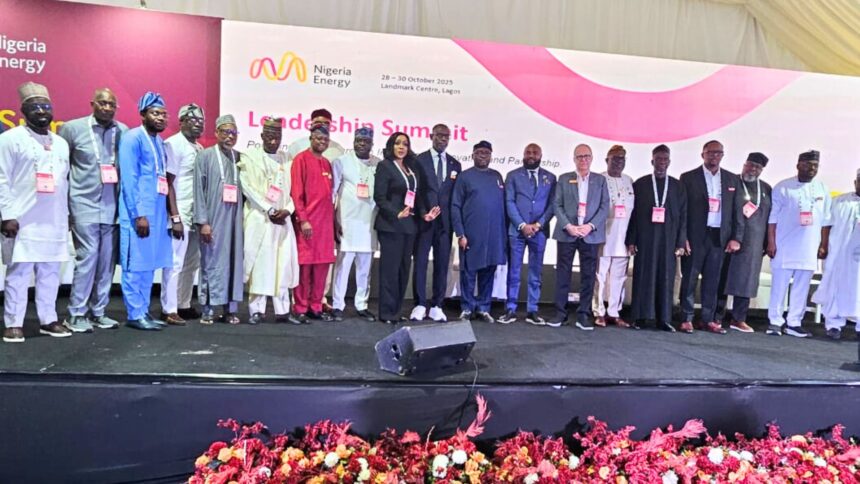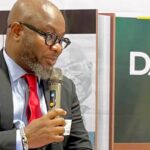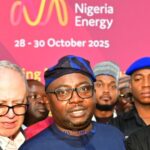Sanwo-Olu says “Lagos set to take bigger role in power sector reform”
Oredola Adeola
Over 8,500 energy professionals gathered in Lagos on Tuesday for the opening of the 12th edition of Nigeria Energy, a three-day summit themed “Powering Nigeria Through Investment, Innovation and Partnership.”
The participants — including government leaders, policymakers, investors, and private sector executives — convened to address the nation’s most critical energy challenges.
Ade Yesufu, Exhibition Director, Energy Portfolio – MEA, Informa Markets, in his welcome address, underscored the summit’s significance as a national platform for progress and the urgency of moving from policy formulation to practical implementation in Nigeria’s energy transition.
“For over a decade, this platform has brought together the most influential voices shaping the future of Nigeria’s economy,” Yesufu said.
“Nigeria Energy, today, stands not just as a conference but as a national platform for progress — a meeting point for government, private sector investors, regulators, innovators, and global partners united by one purpose: delivering reliable and sustainable power for Nigeria and for Africa.”
Governor Babajide Sanwo-Olu of Lagos State, represented by Biodun Ogunleye, Honourable Commissioner for Energy and Mineral Resources, has emphasized the crucial role of sub-national leadership in driving Nigeria’s energy transition.
Delivering his keynote address at the event, Sanwo-Olu highlighted the state’s commitment to power sector reform following the passage of the Lagos State Electricity Law 2024.
The Governor noted that Lagos is prepared to take on a much larger role in restructuring and reforming its electricity market.
According to him, the new law provides the foundation for a cleaner and more efficient Lagos energy landscape, creating a localized power market with a state-level independent system operator, regulatory oversight, and strong private sector participation.
“Our vision for Lagos is straightforward: we aim to be a shining example of a 21st-century city powered by reliable, affordable, and clean energy, ensuring that every home, business, and school in Lagos has access to power without any hindrance,” he stated.
Day One featured a series of leadership dialogues and expert panels addressing the sector’s most pressing challenges.
Conversations around PPPs, electricity reform, and the implementation of the Electricity Act highlighted the need for clear regulatory frameworks, investor confidence, and stronger coordination between federal and state agencies.
Speakers emphasized that unlocking sustainable power development requires aligning reforms with financing and innovation.
The day’s sessions also spotlighted the importance of energy efficiency as a core pillar of Nigeria’s power transformation—underscoring how coordinated policies and private sector collaboration can reduce losses, optimize resources, and drive long-term reliability across the value chain.




